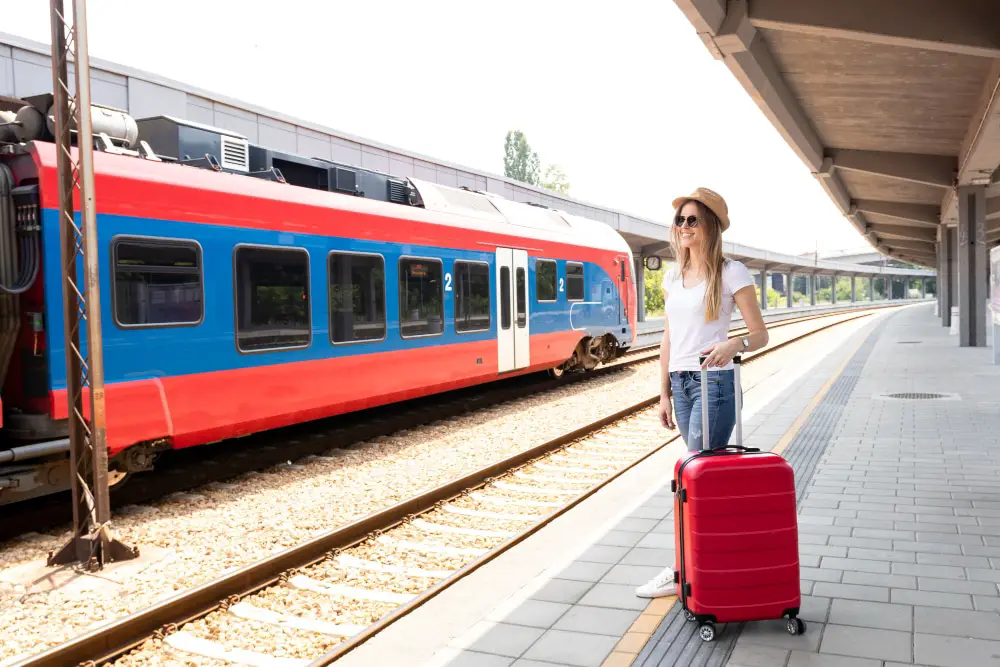Why Do Trains Blow Their Horns?
So why do trains blow their horns so often and so loud? Well, they have to! Trains blow their horns for safety and awareness. Trains blow their horns to alert other trains & very importantly, trains blow their horns to alert people of their coming.
“Final Rule on the Use of Locomotive Horns” mandates that the the train must honk now and then. So, as you can see, all this honking business is strict and obliges trains to make four blasts about 20 seconds before they reach a crossing. But that’s not all.
Horns are an effective way of communication!
The Federal Railroad Association imposed a policy that required trains to blow their horns at a volume between 96 and 110 decibels using a standard duration and pattern. The policy also indicates that trains must start blowing their horns at least 15 seconds before all public grade crossings under normal circumstances.
The horn must honk in a specific pattern that’s continually repeated until the lead locomotive occupies the crossing. In some cities with multiple, closely-spaced crossings, that would mean the horn would be sounding almost repeatedly until the train clears the last crossing.
But wait, there is more…
Types Of Horns And What They Mean

There is a whole system of locomotive horn signals, where different sounds mean different things!
- Several short whistles suggests that the conductor is trying to attract attention to the moving train.
- One long whistle-like means the train is coming to a stop, and the conductor applies the air brakes.
- Two long honks imply that the train has released the brakes and is preparing to continue its journey. (My favourite)
- Stable train makes three short whistle to tell that the locomotive will move backward.
- One long whistle followed by a short honk indicates that the train is nearing something or people working nearby.
- The signal you hear more often than others is two long whistles followed by one short and another long whistle. Trains have to honk this way every time they approach a grade crossing. This is because it is a place where two railroad tracks cross at the same level.
- FUN FACT: Florida once tried to ban locomotive horns. However, it didn’t last long. They lifted the ban after the number of accidents at grade crossings increased.

Why Do Trains Blow Their Horns – Conclusion
Trains blow their horn ultimately for safety and alert other trains & people of their presence.
Under the Train Horn Rule, the locomotive must begin to sound train horns at least 15 seconds and no more than 20 seconds.
There is an exception for places where trains can’t precisely estimate their arrival at a crossing and begin to sound the horn no more than 25 seconds before reaching the crossing. Many people have traveled by train. While they are knowledgeable about the routes and railway station, they must be familiar with the train’s whistle and what it means.
Keep in mind that horns are not just for arrival or departure – it is for safety reasons. It can also be used to warn trespassers or animals in the right-of-way along a section of track. So, the next time you hear them honking, don’t be annoyed.

